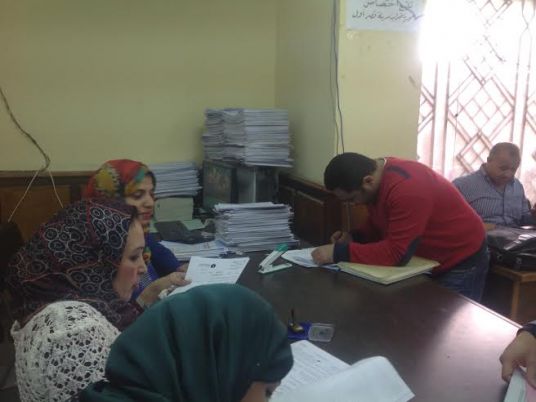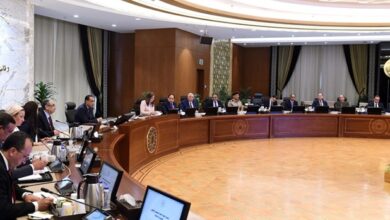The new draft law on terrorism currently under works expands the definition of terrorism to include attempting to storm presidential headquarters and foreign embassies, murder in public and harming national unity, according to sources familiar with the legislative committee of the cabinet discussing the law.
The sources, who spoke on condition of anonymity, said the bill’s items have reached 57, due to amendments relating to the definitions of terrorism in addition to items on funding and incitement.
Though harming national unity has been classified as a terrorist crime in the law, it remains unclear who has the authority to define “harm,” whether it is reserved for extreme cases such as promoting violence against minorities, or merely expressing a political view against the government.
Article 16 classified storming the presidential headquarters and foreign embassies as a terrorist crime. Article 22 meanwhile banned promoting terrorist ideas through media, including websites, the sources added.
Article 28 deals with hackers who attack official government websites as terrorists, the sources noted.
The sources mentioned the bill defines a “terrorist group” as “consisting of three or more persons for the implementation of a terrorist act, whether they successfully committed the crime or not,” and stressed that law would not consider every new group established against the law as a terrorist group, but rather just an illegal one.
The draft law states that a terrorist crime does not have a statue of limitations, and the judge does not have the right to use clemency except in the cases of the death penalty and life imprisonment, the sources said.
Edited translation from Al-Masry Al-Youm




